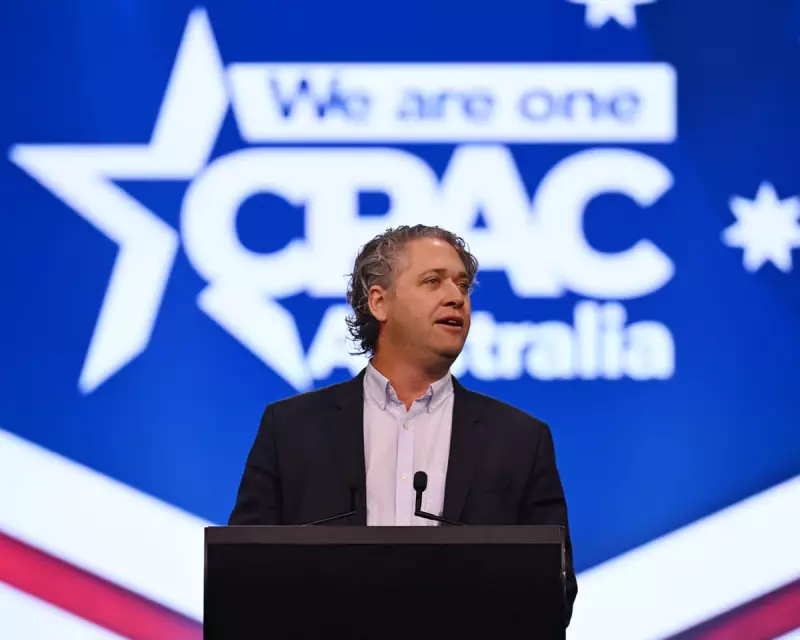
Senior figures within Australia's Liberal Party have sounded the alarm over what they describe as a "deeply disturbing" advance anti-immigration campaign targeting marginal electorates ahead of the next federal election.
Multiple conservative MPs have privately and publicly expressed serious concerns about the aggressive nature of the campaign, which features provocative imagery and messaging about immigration levels. The materials, reportedly being distributed in key battleground seats, have raised eyebrows within party ranks for their confrontational tone.
Internal Tensions Surface
One prominent Liberal MP condemned the campaign's approach, stating it risks undermining social cohesion and could potentially damage the party's standing with moderate voters. "This isn't the kind of politics we should be embracing," the MP revealed, speaking on condition of anonymity.
The campaign appears to be operating independently of the official party machinery, though its targeting of marginal constituencies suggests sophisticated political coordination. Political analysts suggest the effort reflects growing internal tensions within the coalition about how to approach immigration policy ahead of the election.
Electoral Strategy Under Scrutiny
The controversial materials have sparked debate about the direction of conservative politics in Australia and the electoral strategies being employed in what is expected to be a tightly contested election. Some MPs worry that such tactics could backfire, alienating swing voters while energizing progressive opponents.
Several backbenchers have reportedly raised their concerns with party leadership, questioning both the ethical implications and political wisdom of supporting such aggressive campaigning on immigration issues.
Broader Implications
Political commentators note that the emergence of this campaign reflects broader global trends where immigration has become a polarizing electoral issue. However, the Australian context presents unique challenges, with both major parties traditionally maintaining bipartisan support for managed migration programs.
The division within Liberal ranks highlights the ongoing struggle within conservative politics worldwide to balance populist impulses with mainstream electoral appeal. How party leadership addresses these concerns may significantly impact their electoral prospects and the tone of political discourse in the coming campaign period.






